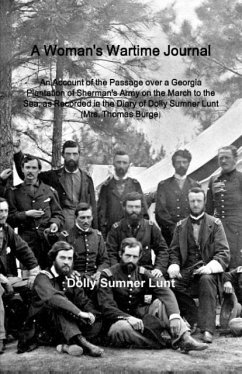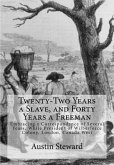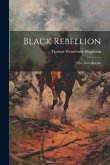Though Southern rural life has necessarily changed since the Civil War, I doubt that there is in the entire South a place where it has changed less than on the Burge Plantation, near Covington, Georgia. And I do not know in the whole country a place that I should rather see again in springtime - the Georgia springtime, when the air is like a tonic vapor distilled from the earth, from pine trees, tulip trees, balm-of-Gilead trees (or "bam" trees, as the negroes call them), blossoming Judas trees, Georgia crab-apple, dogwood pink and white, peach blossom, wistaria, sweet-shrub, dog violets, pansy violets, Cherokee roses, wild honeysuckle, azalia, and the evanescent green of new treetops, all carried in solution in the sunlight. It is indicative of the fidelity of the plantation to its old traditions that though more than threescore springs have come and gone since Sherman and his army crossed the red cottonfields surrounding the plantation house, and though the Burge family name died out, many years ago, with Mrs. Thomas Burge, a portion of whose wartime journal makes up the body of this book, the place continues to be known by her name and her husband's, as it was when they resided there before the Civil War. Some of the negroes mentioned in the journal still live in cabins on the plantation, and almost all the younger generation are the children or grandchildren of Mrs. Burge's former slaves.
Hinweis: Dieser Artikel kann nur an eine deutsche Lieferadresse ausgeliefert werden.
Hinweis: Dieser Artikel kann nur an eine deutsche Lieferadresse ausgeliefert werden.









